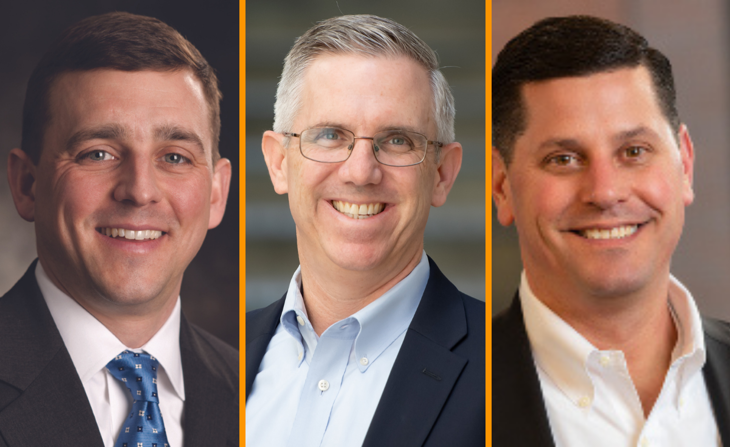
ESG has become increasingly politicised in the US investment and insurance landscape over the course of the past 18 months, with many insurers split over whether to embrace it – and, if they do, whether to publicly declare so.
In a recent Clear Path Analysis report covering the Insurance Investor Live | Midwest 2023 event in Chicago, three chief investment officers (CIOs) sat down with Stephanie Thomes, Senior Investment Consultant, Insurance Practice, Mercer, to discuss the issue. They touched on their bigger concerns around the topic, where they were on their journeys, and where they saw remaining challenges.
The panellists included Aaron Diefenthaler, CIO at RLI Corporation, Robert “Bob” Cataldo, CIO at United Fire Group, and Michael Lohmeier, CIO at IMPACT Community Capital.
Michael Lohmeier: We manage investments under an ESG lens and focus on positive impact. From our insurance company investors, we do see the spectrum because our owners and investors are all over the country. Most of them are risk-focused investors and think about the implementation of ESG strategies across the board. One of our owners is TIAA-Nuveen, which is well ahead of many American insurance companies and investors when it comes to ESG, reporting, carbon reduction, net zero goals, etc.
"Everyone is doing it to some level; it's just about how open they are to
using [the] language that's thrown around in the media."
It is a broad-spectrum dependent on where you are domiciled. We get very specific enquiries about what we are and are not doing in certain states, which makes our lives a little more challenging when it comes to compliance. Everyone is doing it to some level; it's just about how open they are to using language that is thrown around in the media as it relates to ESG.
Bob Cataldo: We have always used it as an active risk management tool, particularly with the speed at which information gets to us. If you are a poor steward of Mother Earth, if you treat your people terribly, and if your governance system is the Wild West, you are probably not on the favourable list of investments. Essentially, there is a weaning out that the market does for us.
On the insurance side, we are very active, have a committee, and consider it a top risk on our risk register. We have active strategies around reducing our carbon footprint and take it very seriously as a business. As an investment thesis and philosophy, we certainly want to be proactive in supporting and providing capital to clean energy technologies and innovation that does make the world a better place, but we don’t pick winners and losers based on this. Instead, we let the market do that.
Aaron Diefenthaler: Insurance investors have been focused on sustainability for forever and a day because we expect to hold our bond positions until maturity. Likewise, active equity strategies hold positions for a very long period, and we have always been focused on how sustainable an issuer is over a multi-decade horizon. I come back to this theme when discussing ESG: that we have always been ESG-focused. It is just another lens and is packaged differently today than it has been in the past.
Bob: From a place like California, yes, we do, but we are not hearing a lot from our shareholders overall. Our board just wants to be informed in making sure that we have a view and a plan to explain the way in which we account for ESG in our strategy.
"Our board just wants to be informed [and ensure that] we have a view
and a plan to explain the way we account for ESG in our strategy."
Michael: While it can be frustrating if you are on either side of this discussion around the use of the word ESG, it is refreshing because there should be different approaches. This is what the best part of capitalism is: everyone tries a different approach and, based on the results, some models will be seen as better.